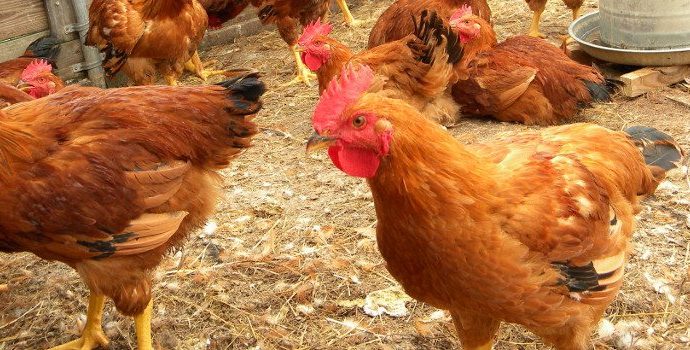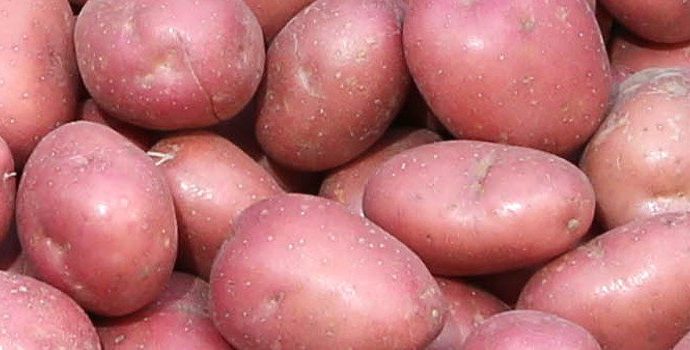Deep Cuts to Hit the Incomes of Thousands of Farmers in Cap Deal

Speaking from Luxembourg where the deal on CAP Reform is being finalised, IFA President John Bryan said despite the progress made as a result of determined opposition from countries such as Ireland, tens of thousands of family farms will lose under this agreement and some farmers will be challenged to retain their production and viability as a consequence.
He said, “50,000 of our most productive farmers will lose between 15% and 35% of their overall payment by 2019, which will have a serious impact on farm incomes and viability. Any cuts must be imposed over the longest timeframe possible.”
In relation to monies available for redistribution, the IFA President said that objective criteria must be used to ensure active farmers with low payments are prioritised. “There is no justification for taking money off productive farmers to redistribute to non-active farmers.”
John Bryan said the Government must now commit to 50/50 co-financing of Pillar 2 so that a comprehensive package of rural development measures is put in place for vulnerable sectors and regions, and to encourage investment in agriculture.
The IFA President described the changes to the greening proposals as practical and necessary and said the retention of variable greening was critical. “A lot of work will now be required to ensure the smooth implementation of these reforms and IFA would be insisting that no extra bureaucracy or administrative burdens are imposed on farmers”.
Mr Bryan said there is still a lot to be agreed before any deal is finalised and a full analysis of the implications and options available under the agreement will have to be carried out before final implementation.
John Bryan said the compromises and flexibilities that look like making up the final deal proves clearly that the Ciolos CAP reforms were seriously flawed from the start. “These reforms have sent the CAP in the wrong direction. Farmers right around Europe will have to start a campaign now to re-focus the CAP towards supporting sustainable food production in the mid-term review”.




